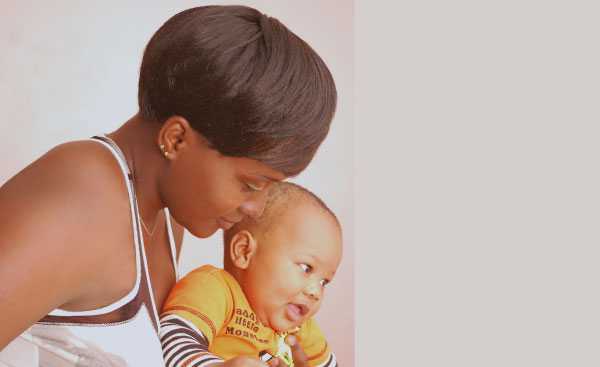From 1 to 18 months Baby’s crucial milestones
In the last issue, we ventured into the unseen world of pre-natal milestones. Now your baby is here and you are beside yourself cooing the oohhs and aahhs as your

In the last issue, we ventured into the unseen world of pre-natal milestones. Now your baby is here and you are beside yourself cooing the oohhs and aahhs as your precious bundle manoeuvres their way in a new yet unfamiliar world. As stressful as the early days of motherhood can be, nothing can replace the joy associated with the ‘firsts’, first tooth, first step and first word. So take some time and smell the roses as you watch your little one attain new feats in his first year.
As you marvel at the new gift in your life – your baby – you will need an understanding of the milestones he will be making so you know what to expect and stop comparing him with other babies, as most mothers do. Each baby grows at his own pace but there are generally accepted guidelines on what you should expect at each stage of his life. Let us examine the first eighteen months.
One to three months
Grasping: This begins as an instinctive and involuntary reflex. However, by the third month, your baby starts to hit toys and other things around in a bid to develop this skill further.
Smiling: This varies as weeks go by. Between zero to six weeks, smiling is more of a reflex stimulated by neurological activities and there is no emotion attached to it. Between six to eight weeks, it is stimulated by sensory stimulation by certain things for instance, cuddles or the sound of your voice. By the time your baby is three months, the smile stems from a need to connect and will respond when you make sounds at them and move their arms and legs for emphasis.
Four to six months
Grabbing: At four months your baby can pick big objects such as blocks, but will be unable to pick small things like buttons due to lack of finger dexterity.
Teething: Most babies cut their teeth at four months but early bloomers can start as early as three months while late bloomers can wait up to one year.
Head Control: At four months, your baby should be able to raise his head while lying on his tummy and by six months, he should be able to hold it erect and steady which is key when you start weaning as it helps with swallowing.
Rolling over halfway: At four months your baby may lift herself into a push-up position and rock back and forth or kick her feet in order to roll from her belly onto her back. However, she will not be able to roll back onto her tummy until she is five months or more when she is stronger and better coordinated.
Babbling By six months your baby attempts to speak but it is more of ramblings.
Seven to nine months
Sitting up: Your baby now should have enough balance, arm strength, head, neck and lower body control to be able to sit up, though not for long at first. Her sight, now vastly improved, enables her to see objects outside her direct line of vision prompting her to pull herself to get a better look, hence building her strength.
Pulling up: Until now, your baby has depended on you to help him get up on his feet. But at eight months, the torso and leg muscles will be strong enough for him to stand up on his own. His confidence has been boosted by his ability to roll over, sit up on his own and crawl.
Crawling: By eight months, the restlessness caused by desire for more mobility is definitely bumped a few notches. Be warned that crawling takes many forms from slithering on bellies to bottom shuffling to crawling backwards! Just enjoy the moment.
10 to 18 months
Walking: This has to be one of the most anticipated ‘firsts’. Walking is definitely a sign of confidence on baby’s part. Be careful not to push her. While some are content at taking off and never looking back, others transition slower, preferring support and sometimes even falling back on good old crawling.
Speaking: Baby uses gestures to indicate displeasure or approval. He also graduates from random babbles, which have been developing throughout the months. He can say mama and dada and start imitating sounds and words he hears (you may want to be careful about what he listens to). He is also able to respond to simple verbal requests such as come and go and soon will be able to form simple sentences on his own.
Mom’s tips:
While baby hitting these milestones is fun, they also tend to be health indicators as to whether you baby is developing well. Incase your baby is delayed in more than one milestone consult a doctor. Remember, a happy mother equals a happy child, so take care of yourself. Many mothers assume that maintaining optimum dietary standards ends with delivery. Wrong! Your body is still working overtime, healing and producing milk for your baby and in need of a rich supply of nutrients. Stock up your pantry with healthy foods and ensure a balanced diet and supplement where necessary, as this directly affects your child’s health.
Published in April 2015




